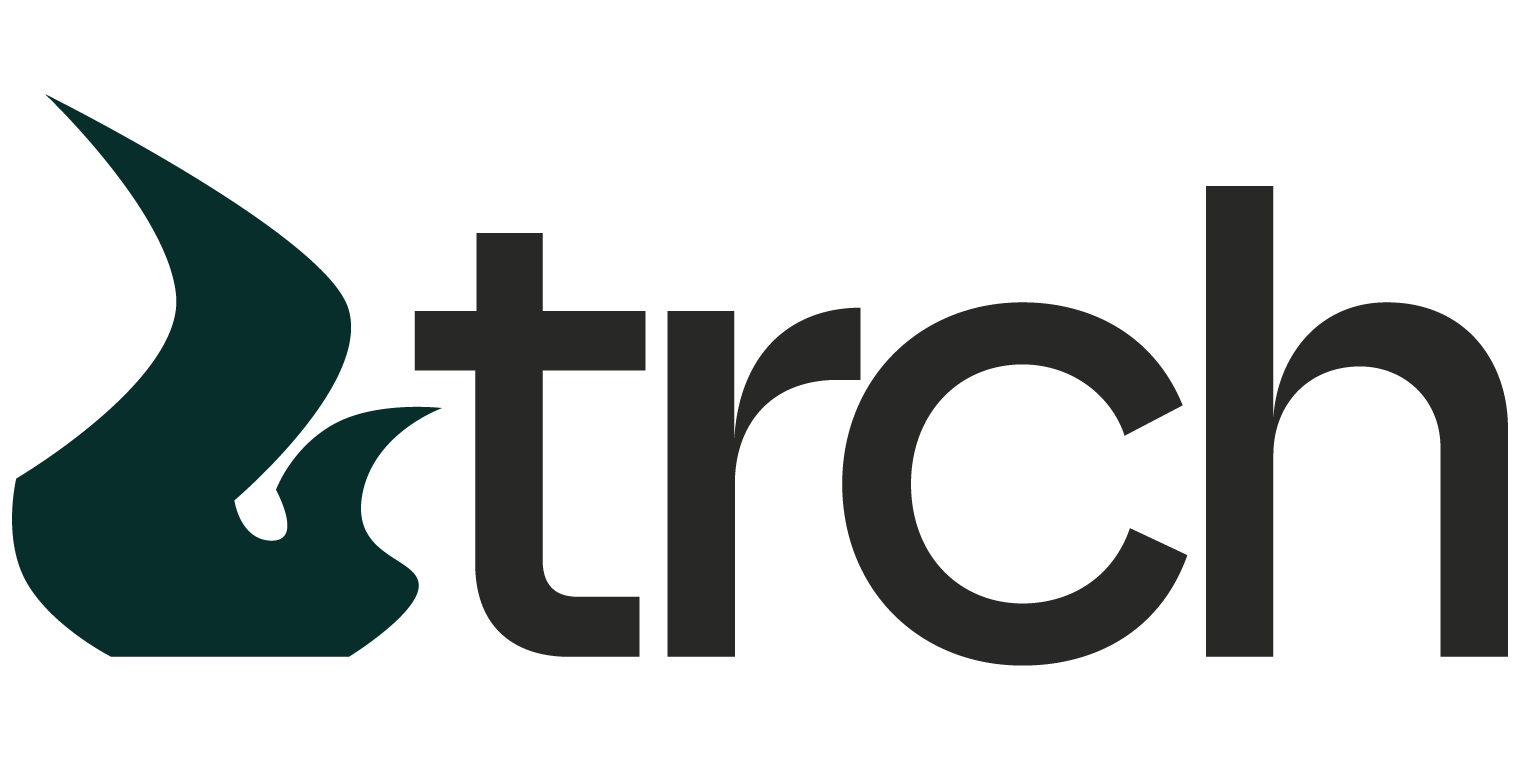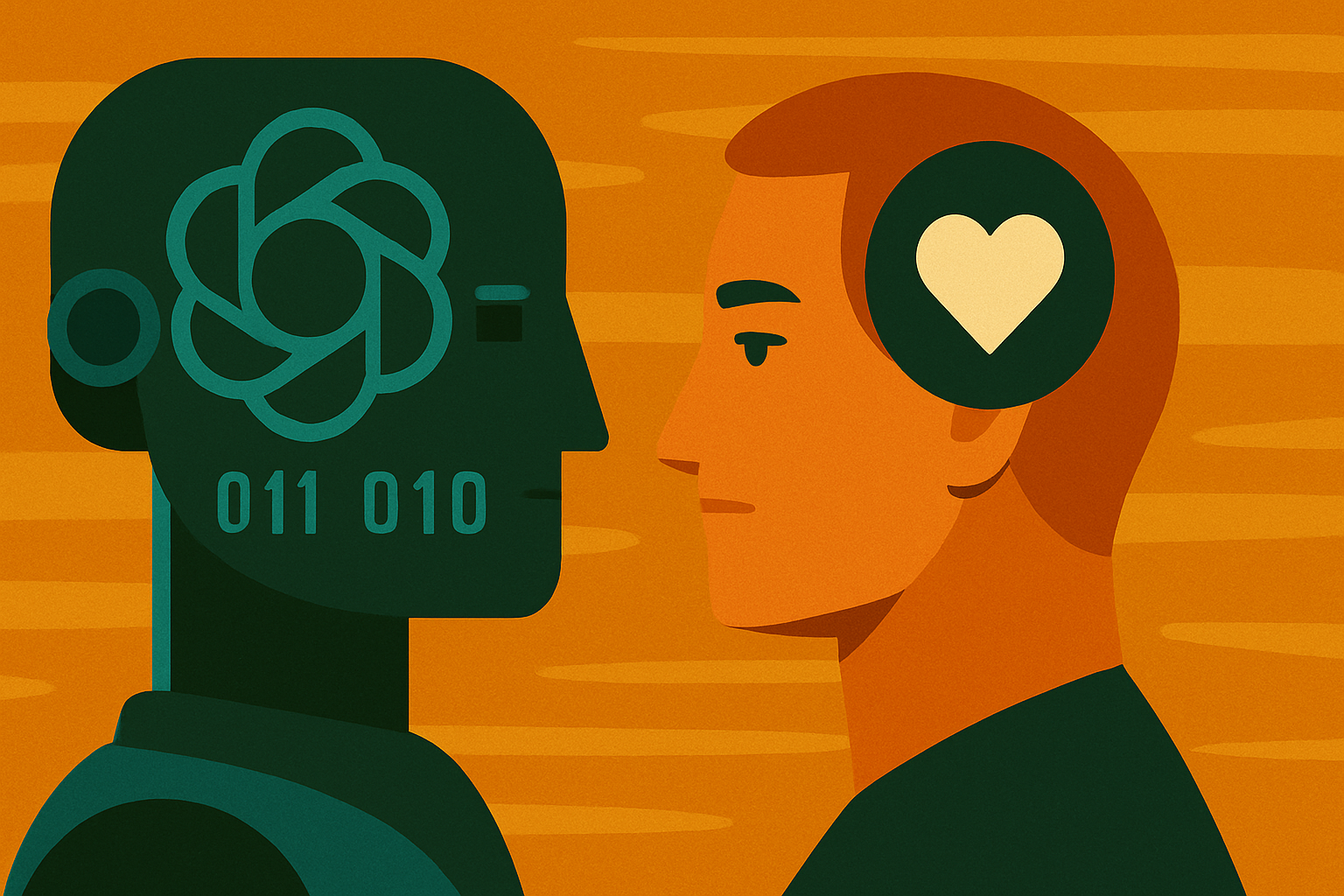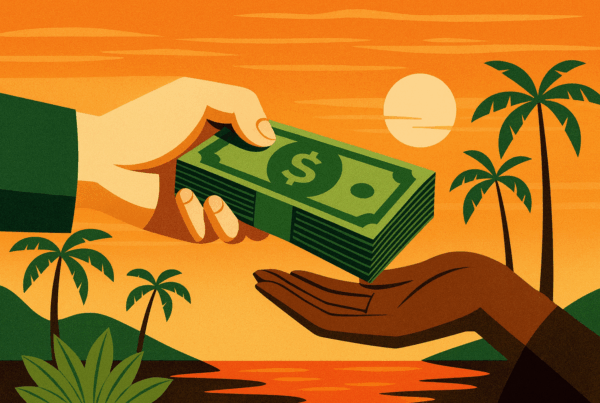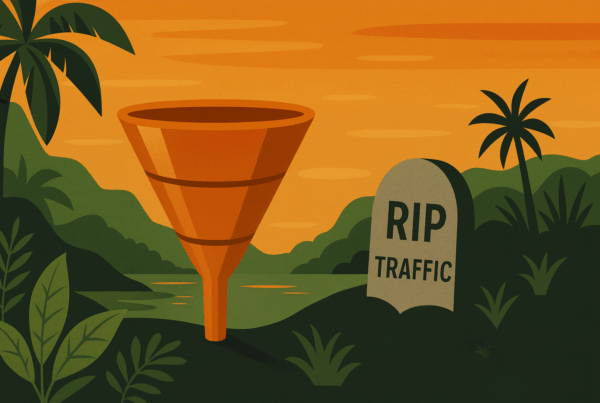What Peter Drucker might say if he saw ChatGPT leading your brand workshop.
“Culture eats strategy for breakfast.” This famous phrase, often attributed to Peter Drucker, served as a rallying cry for leaders to prioritize values, behavior, and organizational cohesion over the rigidity of strategic plans. But what if Drucker were alive today, witnessing a new kind of culture—one not built in boardrooms or brand workshops, but trained on terabytes of data and deployed in milliseconds?
We are, undeniably, entering the AI-Culture era—and it’s not just nibbling on strategy. It’s devouring it.
What Would Peter Drucker Say?
Peter Drucker was no technophobe. He understood that the tools of production, communication, and even thinking would evolve. But his focus was always on human capital. Strategy, for Drucker, was a human-led process of observing, learning, adapting, and ultimately inspiring action. Culture, meanwhile, was the invisible engine that ensured strategy could take root.
In a world where AI can generate brand messaging, design a logo, and write an entire go-to-market plan in seconds, Drucker might ask: “Where is the learning? Where is the dialogue? Who owns the decisions?”
AI doesn’t have values. It reflects patterns. AI doesn’t believe in missions. It optimizes prompts.
That is the paradox. AI can execute strategy with unprecedented speed and scale, but it cannot own strategy in the way humans do. And when machines become the new creative class, the human cultural thread that binds organizations, brands, and belief systems risks fraying.
What Do Today’s Strategic and Creative Thinkers Say?
Modern marketing theorists like Mark Ritson and Byron Sharp have issued cautionary reminders: don’t mistake data for insight, or reach for efficiency at the cost of brand meaning. Meanwhile, AI evangelists tout productivity gains, personalization at scale, and the ability to simulate entire campaigns before a single dollar is spent.
We’re seeing a great divide:
- Brand purists worry that AI lacks the soul and context needed for long-term brand building.
- Growth hackers and futurists believe AI is the strategy, because it reflects what works and eliminates what doesn’t.
The problem is that both sides miss the cultural substrate that made Drucker’s original quote so potent. If strategy is now being written by machines, and creativity is increasingly automated, then what remains distinctly human? Culture.
How Do Marketing Leaders Defend Humanity in the Age of Robotic AI-Leaders?
In an era where marketing departments are flooded with tools that promise automation, optimization, and AI-led decision making, the burden on leadership is no longer to just adopt new tech—it’s to defend the human core.
To keep Drucker’s wisdom alive, modern CMOs and brand leaders must:
- Champion interpretation over automation: Resist the urge to let dashboards dictate decisions. Insight is still born from context, not correlation.
- Create intentional space for creative friction: AI removes inefficiency. But some inefficiency—debate, divergent thinking, failed ideas—is where culture breathes.
- Double down on brand values: If your culture isn’t shaping how AI is used, then AI will shape your culture. Leaders must continually ask: does this align with who we are?
- Develop AI fluency as a cultural competency: It’s not enough to reject or blindly adopt AI. Culture-forward organizations train their teams to question, collaborate with, and critique AI systems.
In short, Drucker’s call wasn’t just about putting people ahead of plans. It was about leadership that builds resilient, adaptive, human-centered cultures. That call is louder now than ever.
Culture Is Now Your Only Moat
When every brand has access to the same tools, the same LLMs, and the same AI-generated outputs, what differentiates your brand isn’t your strategy or even your product. It’s your people. Their beliefs, their instincts, their ability to make meaning out of noise.
In this AI-driven world, culture becomes your last, best strategic asset:
- A culture of discernment ensures we use AI wisely, not blindly.
- A culture of originality means we don’t become prisoners of pattern.
- A culture of purpose reminds us why we build brands at all.
Final Thought
Peter Drucker taught us that culture determines whether strategy thrives or dies. Today, as AI begins to generate, scale, and even own the execution of brand strategy, the need for intentional, values-driven human culture has never been greater.
AI is not the enemy of strategy. But without culture, it might become its replacement.
And that, perhaps, is the real disruption.






